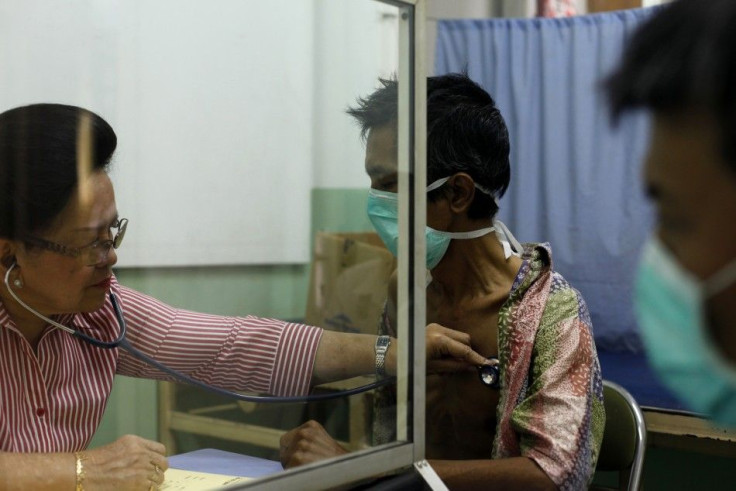Drug-Resistant Tuberculosis Spreading in Europe, World Health Organization Says

Drug-resistant tuberculosis is spreading across Europe at an alarming rate, according to the World Health Organization (WHO).
The agency announced a new plan on Tuesday that would diagnose 85 percent of European tuberculosis patients and treat at least 75 percent by 2015.
WHO statistics show that the nine countries with the highest levels of drug-resistant tuberculosis are almost all in Europe -- primarily Eastern European countries like Moldova, Russia and Ukraine. Some central Asian countries, including Azerbaijan, have high rates as well.
The increase in drug-resistant tuberculosis cases in Europe is significant because the disease is normally most prevalent in Africa and Asia. Past WHO efforts have focused in particular on sub-Saharan Africa because HIV is widespread there, and patients with compromised immune systems have the highest risk of dying from tuberculosis.
Alarming Rate in Western Europe, As Well
But even in Western Europe, the numbers are alarming. According to WHO, only 32 percent of Western European patients with drug-resistant tuberculosis get proper treatment -- meaning they finish their entire course of antibiotics. When people don't take the full course of treatment, they allow the tuberculosis bacteria to develop resistance to even more drugs.
Already, multi-drug-resistant tuberculosis can take two years to treat, and some strains are becoming resistant even to last-resort antibiotics. Currently, only 1 percent of all tuberculosis strains have some form of drug resistance, and of those, between 5 and 15 percent are extensively drug resistant, Anne Fanning, a medical professor emeritus at the University of Alberta, told CBC. But that number is rapidly increasing.
If we don't solve this soon, we could end up with so much drug-resistant tuberculosis that it will be like being back in the Victorian age, when there were no good treatments, Ruth McNerney, a tuberculosis expert at the London School of Hygiene and Tropical Medicine, told The Associated Press.
The tuberculosis bacterium is especially dangerous because it can be spread through the air when infected people cough, sneeze or even talk. Every year, about nine million people worldwide contract tuberculosis, and about 1.5 million people die. The disease can remain dormant for years, and most of the people who are infected will never show symptoms, but people with compromised immune systems are at serious risk.
© Copyright IBTimes 2024. All rights reserved.





















